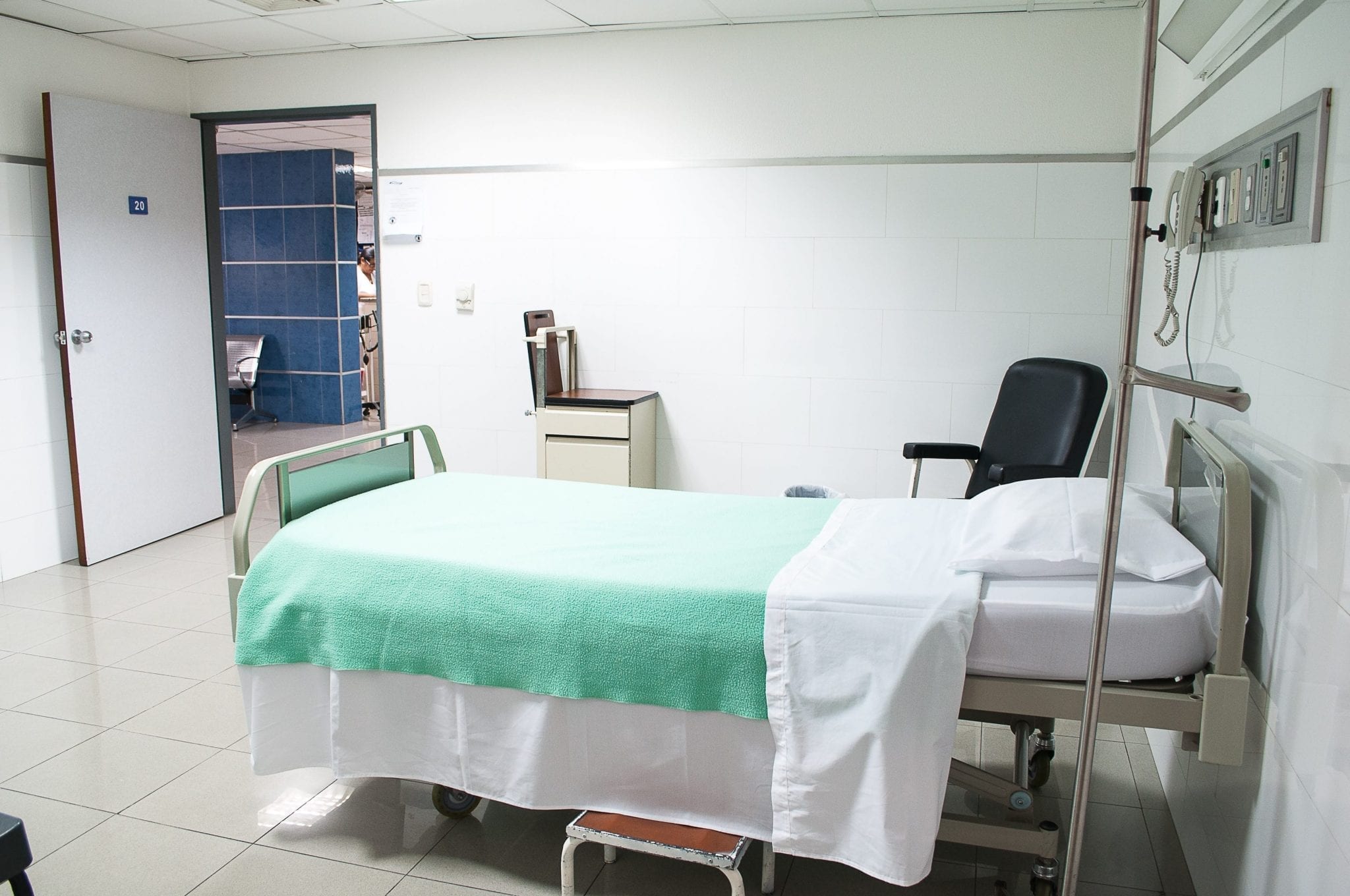Black Market for Buprenorphine Likely to Continue Until Treatment Available
Buprenorphine is one of just three federally approved medications to treat opioid addiction. It’s a long-acting opioid itself, which leads some to misuse it to get high. Patients who have prescriptions for buprenorphine sometimes sell it on the black market. It’s difficult to obtain, providers need to be certified to prescribe it, and there’s a cap on the number of patients they treat. It will likely continue to be rampant on the black market until treatment becomes more readily available.
Those in the addiction treatment field argue the problem of diversion is often misunderstood. A black market exists because addiction treatment can be hard to find. Therefore, many people will turn to illegal means of obtaining buprenorphine to try to treat themselves.
Dr. Kelly Clark, president of the American Society of Addiction Medicine, said, “The risks of overdose with buprenorphine are minimal.” It is possible to overdose on buprenorphine, but this is rare. The drug’s effects are less potent than heroin and fentanyl. More people use buprenorphine to prevent withdrawal and to stay away from other illegal drugs than to get high. Therefore, some experts argue that self-treatment with buprenorphine can save lives.
“It was not diverted buprenorphine that’s responsible for our current situation,” said Dr. Zev Schuman-Olivier with Harvard Medical School. “The majority of people are using it in a way that reduces their risk of overdose.”

Dr. Michelle Lofwall, an addiction specialist and researcher at the University of Kentucky, says black market treatment occurs because patients cannot get into centers. “These people want help, and they tried, and they didn’t succeed. So now they’re going to go get it if it’s available,” she explained.
Federal guidelines changed under the Obama administration to increase the number of prescribers and the number of patients they can treat. Nurse practitioners and physician assistants can now apply for a waiver to prescribe buprenorphine, and doctors who meet certain requirements can now treat up to 275 patients (up from 100). Restrictions will likely continue to loosen, and the Trump administration is on the verge of further increasing this number.
Until that bill is signed, however, buprenorphine remains hard to obtain and expensive. According to 2016 estimates by the U.S. Department of Defense, the prescription and weekly visits to a certified opioid treatment program are $115 per week or nearly $6,000 per year.
Basia Andraka-Christou, an assistant professor and addiction policy researcher at the University of Central Florida, believes increasing regulations or shutting down prescribers would limit treatment options. “I guarantee you,” she said, “they’re either going to go and buy heroin and get high — which surely is not a great policy solution here — or they’re going to go buy Suboxone on the street.”
Lofwall said that until addiction treatment is easier to get, people addicted to heroin or painkillers are likely to continue taking buprenorphine illegally. “They’ve had it and they know it works for them and they want to get it legally,” she said. “They want to get their life back.”
“I think if I had never started [Suboxone] on the street, I wouldn’t have no interest in doing nothing but getting high,” one addict, Daryl, explained. “I’m at a point of my life now where I know I’ve got to change something, or I’m going to go back to prison. I’m definitely ready to do something different.”
Sources:
Addiction Treatment Gap Is Driving A Black Market For Suboxone


Join the conversation!